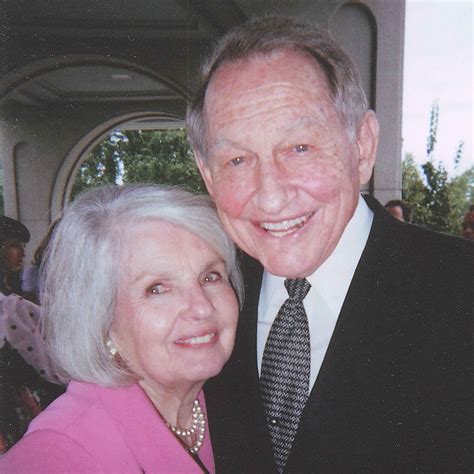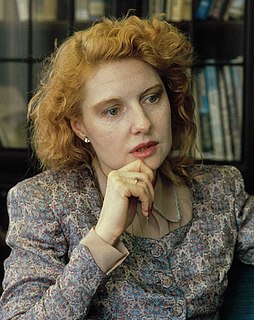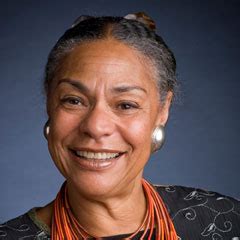A Quote by Tipper Gore
Past conference topics have included strengthening the role of fathers in children's lives, the impact of the media culture on children, the delicate balance between work and family, and family involvement in education.
Related Quotes
I spent the past week here in India getting a sense of the reality of HIV and AIDS in people's lives. Fathers and mothers are dying, leaving children with no support. Stigma and discrimination is ruining the family lives. There is an urgent need for education, information, and increased awareness of HIV and AIDS. The response needs to be now. We cannot afford to become fatigued.
Every family is a 'normal' family - no matter whether it has one parent, two or no children at all. A family can be made up of any combination of people, heterosexual or homosexual, who share their lives in an intimate (not necessarily sexual) way. ... Wherever there is lasting love, there is a family.
Another very interesting chapter is the education of children: the victims of problems of the family are the children. The children. Even of problems that neither husband nor wife have a say in. For example, the needs of a job. When the dad doesn't have free time to speak to his children, when the mother doesn't have time to speak with her children.
I don't think that all girls seek the influence of older men, but I think girls whose fathers are absent or recessed from their lives often do. And honestly, when I was growing up, fathers were generally pretty absent from their children's lives. We didn't see a lot of them. That may be something that has genuinely changed for the better in our culture: men are more present for their children now that more women are working.
In the United States, the average is two children per family, while in Africa it is five children per family. On the surface, the statistic seems to indicate that Africans are having way too many kids and are taxing the Earth's resources, while American kids are born into families who are able to take care of them. However, the average American child consumes roughly the same resources as fifteen African children. So when an American family says they only have two children, they are actually consuming the resources of an African family of thirty children!
Dissonance between family and school, therefore, is not only inevitable in a changing society; it also helps to make children moremalleable and responsive to a changing world. By the same token, one could say that absolute homogeneity between family and school would reflect a static, authoritarian society and discourage creative, adaptive development in children.



































